How Sanctuaries Make Right What’s Wrong
In a time of mass extinction that’s been brought about by human exploitation and can no longer be stopped, what should we do?
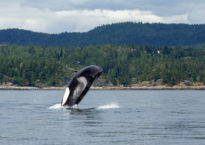
In a time of mass extinction that’s been brought about by human exploitation and can no longer be stopped, what should we do?

A new series of studies shows that when people are reminded of their personal mortality, they tend to become more disposed toward the killing of nonhuman animals.
 Is the Stock Market a Global Ponzi Scheme?
Is the Stock Market a Global Ponzi Scheme?
 Sacred Activism in the Service of Animals
Sacred Activism in the Service of Animals
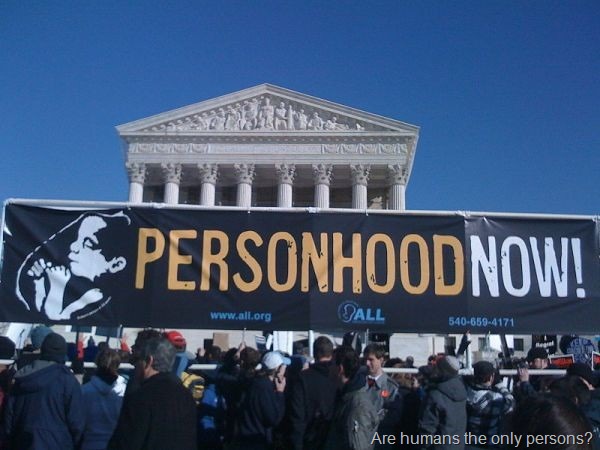 Of Humans and Persons
Of Humans and Persons
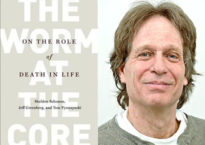
Psychologist Sheldon Solomon explains Terror Management Theory – the study how we manage the lifelong anxiety that’s born of our terror of death – and how it affects our behavior toward other animals.

Psychologist Hal Herzog explores the moral confusions and contradictions in our relationships with our fellow animals (not to mention with each other!).

How we “view” other animals (from a position of privilege and exploitation), and how our behavior toward them and toward the planet has led to an irreversible, mass extinction.
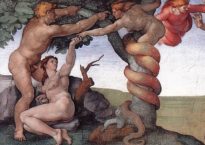
Is there a hidden meaning behind the story of Adam and Eve and the Serpent? Jonathan Crane explains what it may be telling us about our relationship to our fellow animals … and how it could have been otherwise.
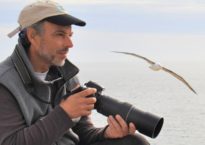
In his overview of the state of Planet Earth today, Carl Safina begins by asking the seemingly unrelated question: “Does my dog really love me? Or does she just want a treat?”

A new study shows that any small reminder – even quite unconscious – of our inevitable mortality causes us to be more supportive of the killing of nonhuman animals

One of his friends calls herself a vegetarian even though she eats fish and chicken. “Well,” she says, “I don’t eat anything with a face.”
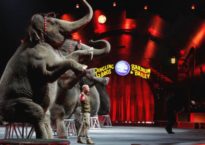
Without the elephants, for many people it wasn’t worth the price of a ticket any longer.
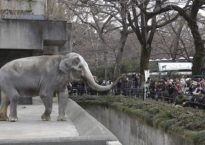
“When one person is in a cage and someone else is outside the cage, walking up and down and looking at that person, what do you think that suggests about our power relations?”

What does a piece of Ancient Greek tragedy have to do with our screwed-up relationship to our fellow animals? Quite a lot, in fact!
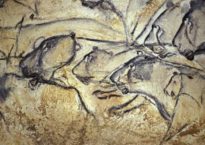
30,000 years ago, deep in a cave in France, artists painted some of the greatest portrayals of animals ever. In this video we look at what they tell us about our relaitonship to our fellow animals
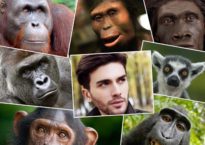
Second in a new series: We humans have a constant sense of anxiety over our mortal, animal nature. And we deal with this by telling ourselves that we’re not really animals – despite all the evidence to the contrary.
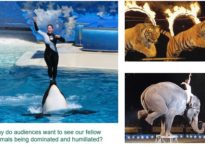
In this first video of a new series, we look at our deep need as humans to insist that we’re not animals – despite all the evidence to the contrary.

What does the rise of Donald Trump have to do with the need to believe that “I am not an animal!”? Quite a lot, as it turns out.

A bishop, running for Congress, portrays the First Family as chimpanzees. Offensive and hateful. But it also tells us something about our fear of being great apes ourselves.

The incoming Trump administration promises to accelerate the disaster that’s now underway for animals and for the planet overall.
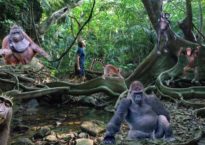
It’s the big question – perhaps the only one that truly matters right now: “Why is it that, despite the continuing work of animal protection, conservation and ecological groups, the situation for most of our fellow animals continues to go from bad to worse?”
By Michael Mountain I’d been working in the field of animal protection for more than 30 years. In a few small areas, like finding homes for…